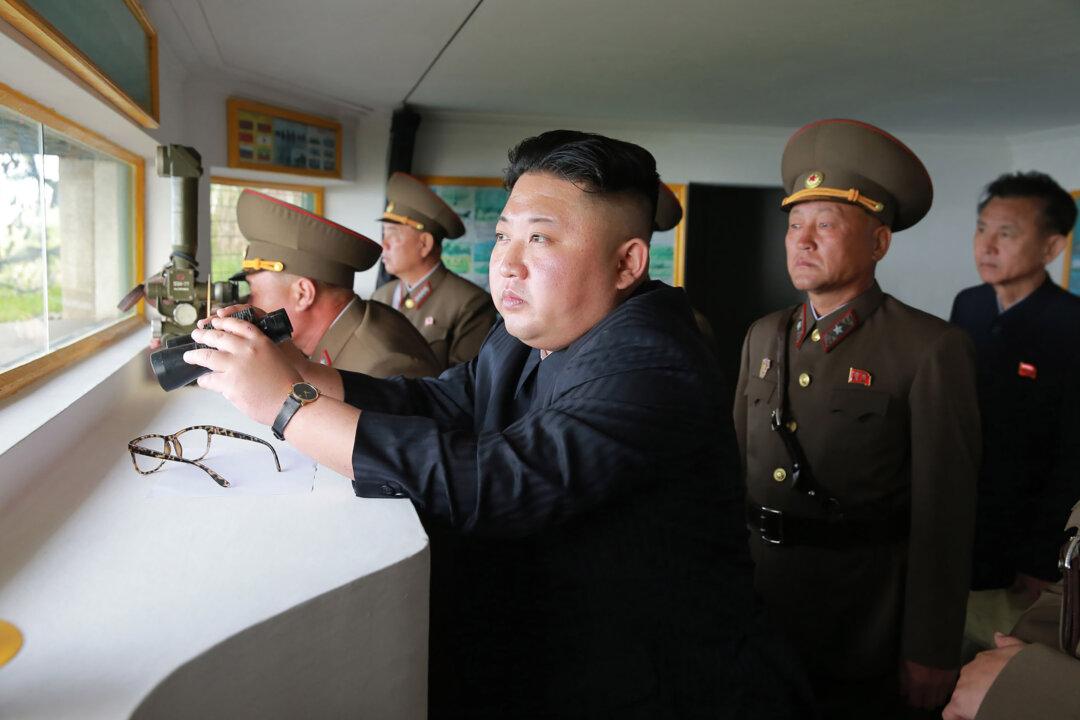The EU will impose “stringent” new sanctions on North Korea, ramping up international pressure already brought to bear on the communist regime and its nuclear ambitions.
According to British Foreign Secretary Boris Johnson, a meeting of EU foreign ministers in Luxembourg will back plans to sever the supply of money feeding Kim Jong Un’s nuclear missile development programmes.
The EU measures, reported by the Press Association, tighten up existing sanctions, and include a ban on exports of European oil and an extension of a ban on EU investment.
More North Korean officials and companies will be subject to travel bans and asset freezes.





